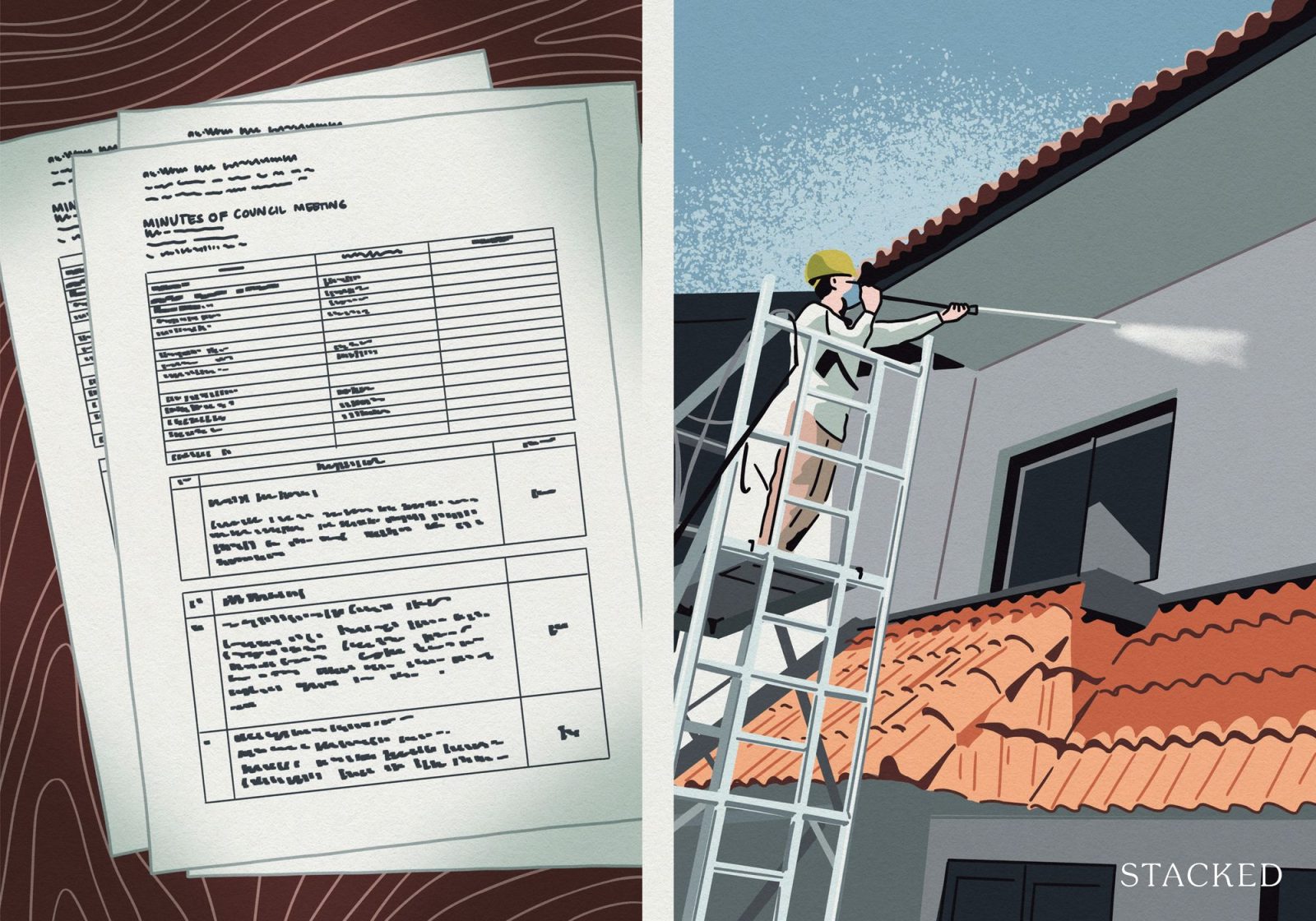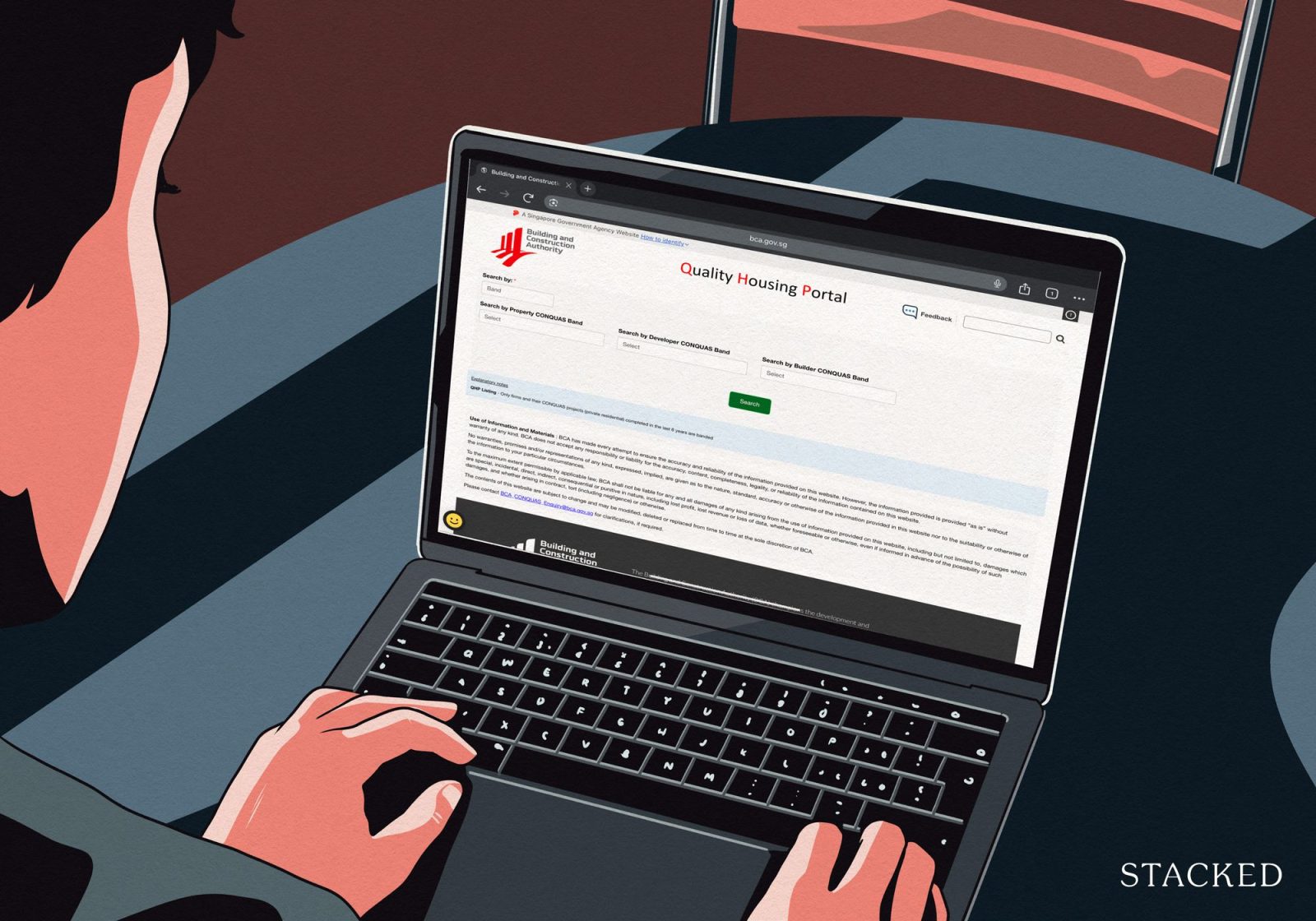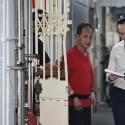When you’re shopping for a condo, the checklist usually looks the same: location, facilities, finishing, view. But here’s the part almost everyone forgets: what happens after you move in. Because you’re not just buying four walls and a swimming pool: you’re buying into a shared community.
That means shared spaces, shared bills, and shared responsibilities. If you’re not ready for that, you could find yourself paying more than you expected, or living in a place that feels underwhelming; possibly even less comfortable than the HDB project you theoretically “upgraded” from. This is what Being Condo Savvy is all about: knowing what you’re getting into before you sign the Option To Purchase (OTP), and playing your part once you move in.
1. Understand what the MCST actually does
The Management Corporation Strata Title (MCST) is the body that keeps things running in the condo; and you also make up a part of it. Every owner has voting rights, so they collectively make decisions regarding their condo.
Decisions on budgets, upgrades, and even the house rules come down to the Annual General Meeting (AGM) of the MCST; and if you don’t show up or vote, someone else could end up making choices that affect you. That might mean by-laws that frustrate you – such as rules on where pets can be walked, or the absence of rules that allow certain groups to monopolise facilities like tennis courts with back-to-back bookings.
Many residents don’t even realise they can request financial statements or AGM minutes or the by-laws. These are always worth looking into early on, so that you have a gauge on the overall unity and general attitudes of the community.
For example, if you see that general meetings push heavily toward creating more play areas, or spaces where children can use their scooters, you can guess the community
is younger and family-oriented. If the focus is on more security patrols, installing CCTVs, or adding accessibility features like ramps, it’s probably a community with more elderly residents or mobility-challenged households.
Looking at where the funds and conversations are going lets you “read the room” before you commit.
It’s also important to remember that the MCST doesn’t work alone: it typically appoints a Managing Agent (MA), who in turn handles the hiring of cleaners, gardeners, security, and other contractors who keep the estate running day to day. If you’re active in the MCST, you’ll have a say in which MA is appointed, how long they’re retained, and whether they’re delivering good value.
Due to the complexity of condo maintenance, and the seriousness of the stakes (the future of your home,) getting a properly accredited MA is important. Accreditation refers to a property management company (or individual) formally recognised by the Association of Property and Facility Managers (APFM) or the Association of Strata Managers (ASM), for the purposes of condos and strata-titled properties.
2. Look at the sinking fund before you buy

In a condo, your monthly contributions go into two accounts: the management fund and the sinking fund.
The management fund covers everyday expenses like security, cleaning, landscaping, etc, while the sinking fund is a long-term reserve for major upgrading works. These are major corrections like facility replacement, lift replacement, or waterproofing. In essence, the management fund keeps things running on a day-to-day basis, while the sinking fund ensures the condo can handle major future works.
The sinking fund – and its effective management – determines whether your condo will look almost new in 20 to 30 years’ time, or whether it’s reduced to an eyesore.
This fund is how big-ticket repairs get paid for: lift modernisation, façade repairs, waterproofing, and other essentials. If the fund is insufficient, you may face higher monthly contributions or even special levies down the line.
Unlike HDB estates – where the Town Council will never shrug and say it’s out of money
– condos don’t have a government safety net.







